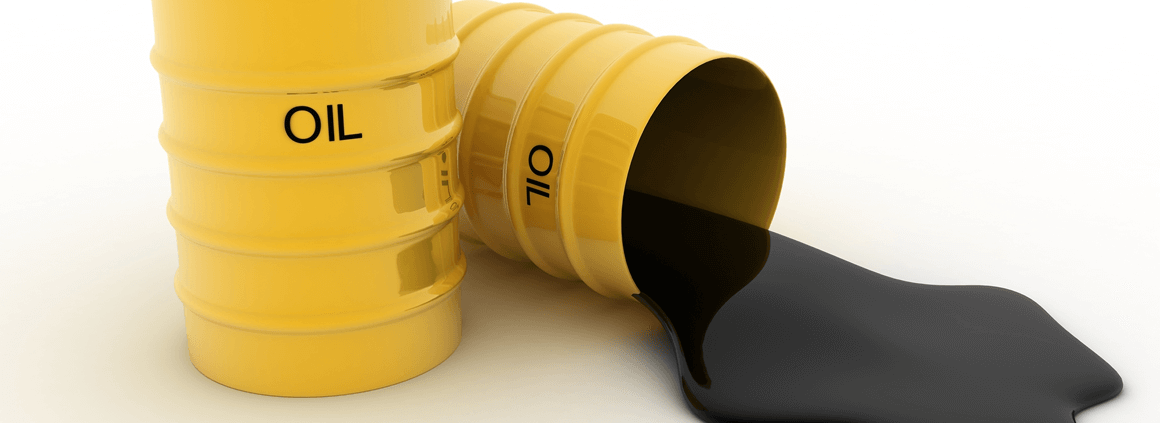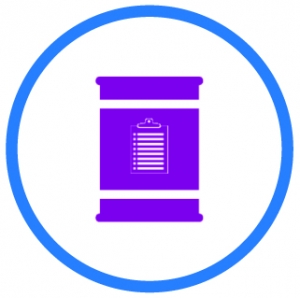SPCC & FRP violations lead to big settlement for Pittsburgh-based company
Company faces big settlement with EPA and two separate states over violations of the Clean Water Act’s Spill Prevention, Control and Countermeasure (SPCC) and Facility Response Plan (FRP) requirements.
Koppers Inc. settles with EPA for alleged oil spill prevention violations in West Virginia, Pennsylvania
11/19/2020Contact Information:EPA Region 3 Press Office (R3press@epa.gov)PHILADELPHIA (Nov. 19, 2020) – Koppers Inc. has agreed to settle with the U.S. Environmental Protection Agency (EPA), the state of West Virginia and the state of Pennsylvania to resolve alleged violations of federal and state environmental laws at its facilities in Follansbee and Green Spring, West Virginia, and Clairton, Pennsylvania, EPA announced today.
A complaint filed with the settlement agreement cited violations of the Clean Water Act’s Spill Prevention, Control and Countermeasure (SPCC) and Facility Response Plan (FRP) requirements. The SPCC rules help facilities prevent a discharge of oil into navigable waters or adjoining shorelines. The FRP rules require certain facilities to submit a response plan and prepare to respond to a worst-case oil discharge or threat of a discharge. Koppers is a Pittsburgh-based company involved in carbon materials and chemicals, railroad products and services, and performance chemicals.
Under a proposed consent decree filed in the United States District Court of the Northern District of West Virginia, Koppers will pay $800,000 to the United States, $175,000 to West Virginia, and $24,500 to Pennsylvania. The proposed consent decree is subject to a 30-day public comment period.
The complaint also cited violations of the West Virginia Above Ground Storage Tank Act and its implementing regulations, which seek to protect and conserve the water resources of the state and its citizens. In addition, the complaint cited violations of the Pennsylvania Storage Tank and Spill Prevention Act and its implementing regulations, which set forth tank handling and inspection requirements.
According to EPA, the most significant violations were at the Follansbee facility – notably, deficiencies in the facility’s secondary containment for spills, and inadequate structural integrity inspection and testing of aboveground tanks.
EPA cited other major SPCC violations at the Clairton and now-closed Green Spring facilities, and other violations of the FRP regulations at the Clairton and Follansbee facilities.
In addition to the penalty, the consent decree requires Koppers to conduct integrity testing of specified tanks at the Follansbee site, or take them out of service; and to comply with SPCC and FRP reporting and plan amendment requirements.
For the full article, visit EPA’s site here.
Knowing proper SPCC rules and regulations can help avoid settlements like these. Maintain your compliance by getting the training you need before violations happen. Check out our SPCC training now:
Spill Prevention Control and Countermeasures (SPCC)
Topics covered include:
- What a Spill Prevention, Control, and Countermeasure (SPCC) plan is
- SPCC training requirements and goals
- What types of oils are covered by the SPCC program
- Spill prevention and planning requirements
- Ways to prevent or minimize the potential for spills
- What are secondary containment and diversionary structures
- Operations, equipment, and processes which have a potential to cause a spill
- Basic spill response expectations
- How to respond to an emergency involving serious injury
- How to response to a non-emergency spill
- Reporting incidental shop spills
- Reporting requirements
- Accidental sewage discharges
- What to do if you discover an underground storage tank (UST) leak
- Secondary containment system drainage procedures
- Fuel delivery and grease trap pumping best management practices (BMPs)
- Other oil-filled process equipment
Be sure to check out all of our other training courses, too.


